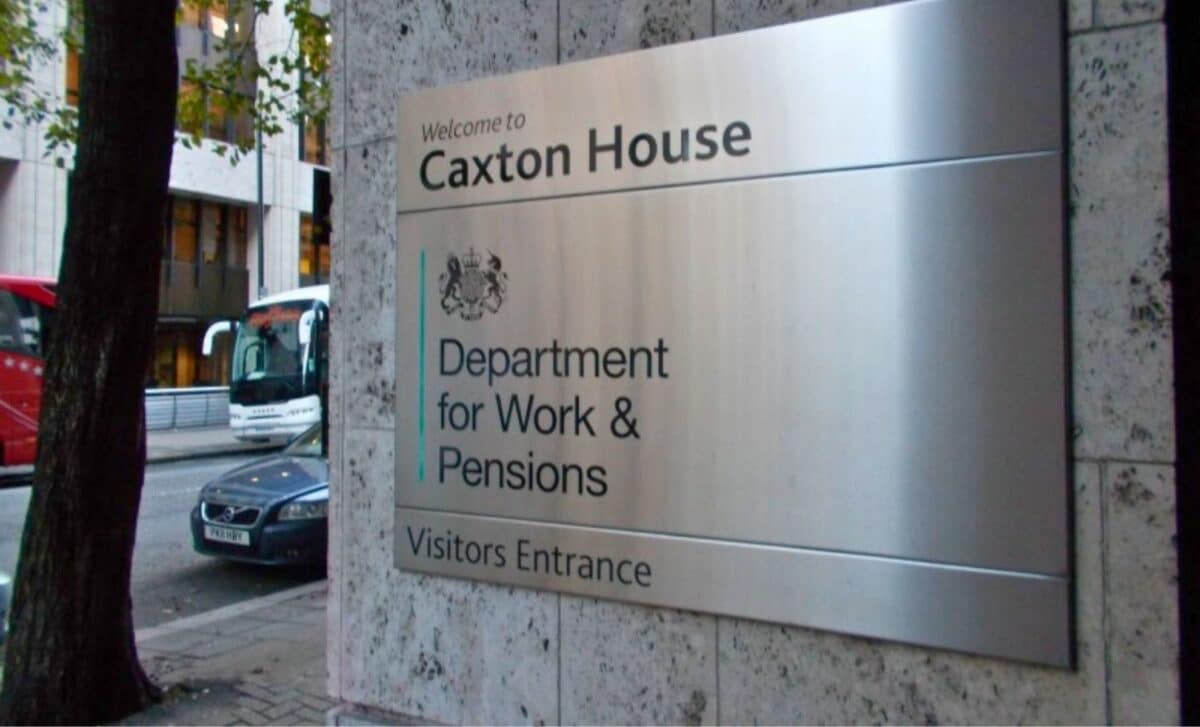The Department for Work and Pensions (DWP) has shared an update regarding its plans to change the Personal Independence Payment (PIP) assessment period and criteria under the new Labour government.
Government Discusses PIP Review Process and Support for Vulnerable Individuals
Liberal Democrat MP Manuela Perteghella asked Work and Pensions Secretary Liz Kendall if she had looked into how the PIP review process affects vulnerable and disabled people, as reported by BirminghamLive.
Pensions minister Sir Stephen Timms said regular reviews are important to make sure payments reflect a person’s current needs. He also said reviews can be stressful, so they can be done without needing an in-person assessment if there’s enough good evidence.
He added: “Where an assessment is required, our Assessment Providers will choose the most appropriate method such as a phone, video or in-person assessment.” He also clarified that the length of a PIP award is decided by how likely it is that the person’s needs will change.
He also stated that PIP awards can range from nine months to ongoing. The guidance ensures that people receiving the highest level of support, whose conditions won’t improve, get an ongoing award with a light review after 10 years.
Government Under Pressure to Improve PIP Decision Quality Amid Appeal Concerns
Labour MP Kim Johnson asked the Government if they would consider reviewing the quality of decisions regarding PIP awards, given that some are overturned on appeal. In response, Mr Timms said, “It is our aim to make the right decision as early as possible in the process.”
He explained that they have improved the decision-making process, allowing Decision Makers more time to reach out to claimants if they think extra evidence could help. He also said they will keep learning from appeals that are overturned and regularly get feedback from Presenting Officers at tribunal hearings.









